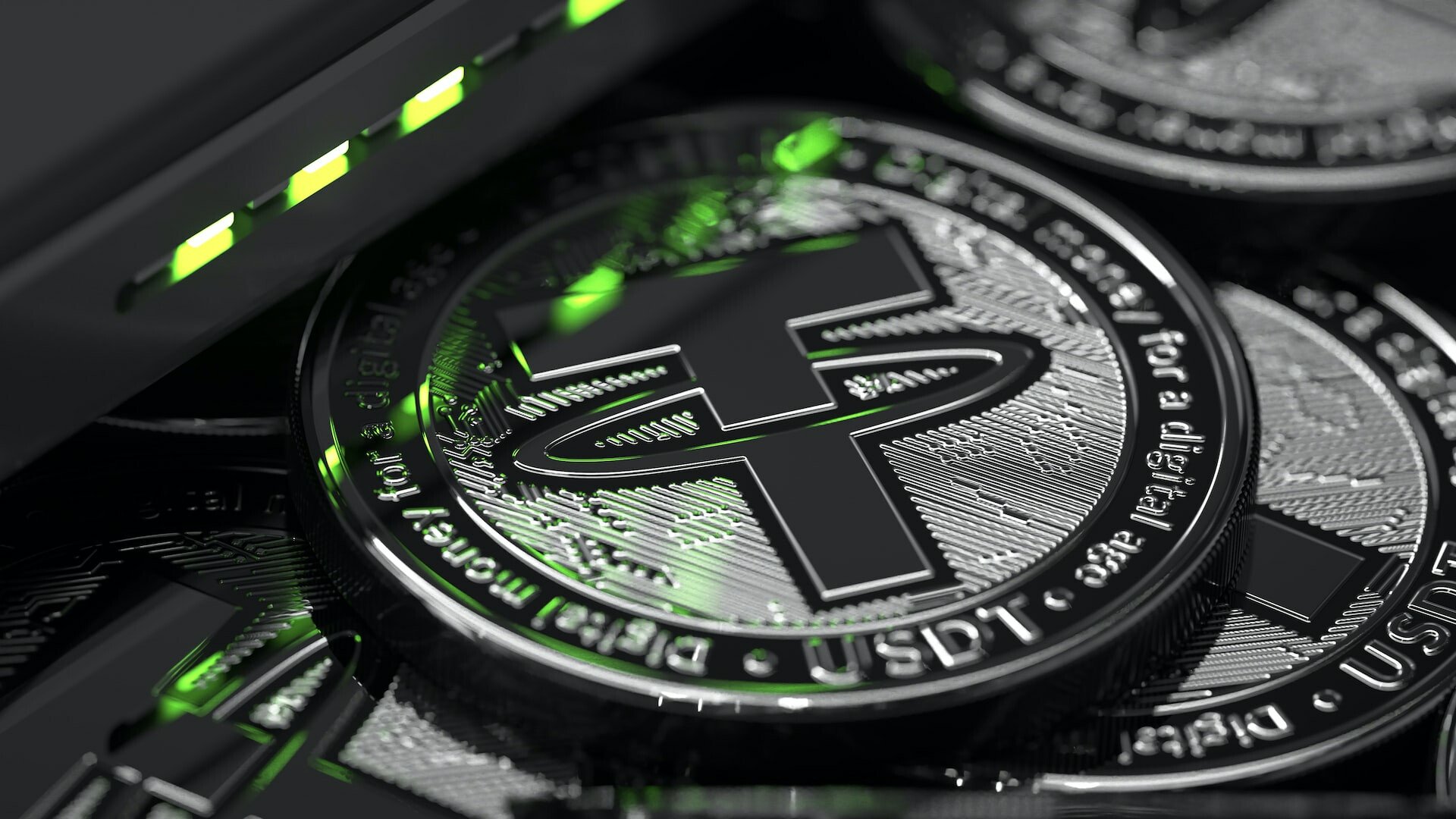On December 1st, Paolo Ardoino assumed the role of CEO at Tether, transitioning from his previous position as Chief Technology Officer, a role he had held since 2017.
This leadership change had been meticulously planned and aligns with the company’s strategic focus on diversification and expansion.
Tether, a prominent player in the cryptocurrency space, is currently experiencing a prosperous period. Ardoino disclosed that the company is poised to generate profits of approximately $4.5 billion from its core business this year.
In an interview with Cointelegraph, Ardoino shed light on the upcoming transformations within Tether’s product portfolio and its overarching strategy.
Ardoino emphasized that Tether’s scope extends far beyond its flagship product, USDT. The company is set to evolve into an infrastructure provider in the crypto ecosystem.
While Ardoino expressed enthusiasm for the concept of Web3, he was critical of its current implementation, referring to it as a “bubble.”
He stressed the importance of establishing a real-world ecosystem rather than merely discussing real-world assets.
A notable development in Tether’s portfolio is its involvement with the communications app Keet, where Ardoino serves as Chief Strategy Officer.
Keet, while decentralized, differs from traditional blockchains and draws inspiration from BitTorrent.
READ MORE: ARK Invest Bolsters Portfolio with $1.5 Million SoFi Shares Purchase Amid Crypto Exit
It facilitates real-time communications by enabling users to connect via their IP addresses, offering a cost-free service.
Although Keet generates no immediate revenue, Ardoino anticipates that it will play a significant role in driving adoption of Bitcoin and USDT worldwide.
Keet’s value proposition is rooted in both technology and philosophy, as it reduces the need for data centers, hardware, cables, and energy globally.
Moreover, it is impervious to censorship, unlike centralized alternatives like WhatsApp or Skype.
Ardoino emphasized Tether’s commitment to Bitcoin, emphasizing its resilience against inflation and political turmoil.
Tether is also delving into Bitcoin mining, aligning its principles with its business activities.
Ardoino argued that investing in renewable energy for mining is logical, as fossil fuel-based electricity generation infrastructure is both expensive and unpredictable in terms of costs.
Tether’s expansion plans in the renewable energy sector include constructing hydropower facilities in Uruguay and geothermal facilities in El Salvador.
While geothermal projects have a longer construction timeline, they offer a service life exceeding half a century, twice that of wind and solar generators.
These endeavors reflect Tether’s commitment to sustainability and its dedication to the crypto industry’s continued growth.
Discover the Crypto Intelligence Blockchain Council





